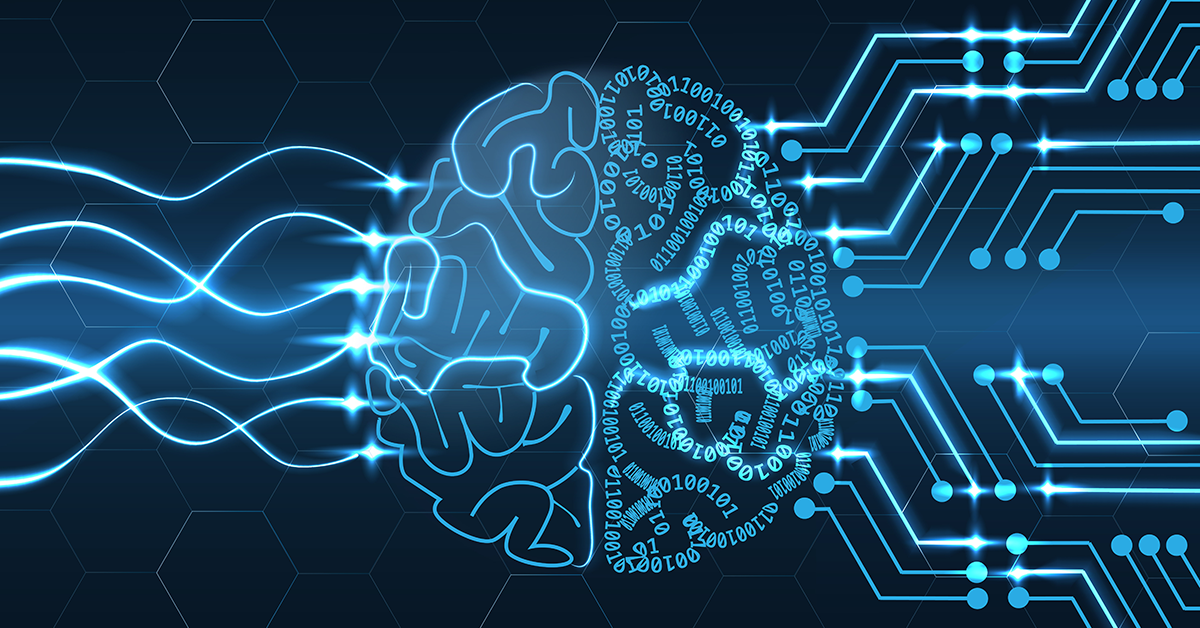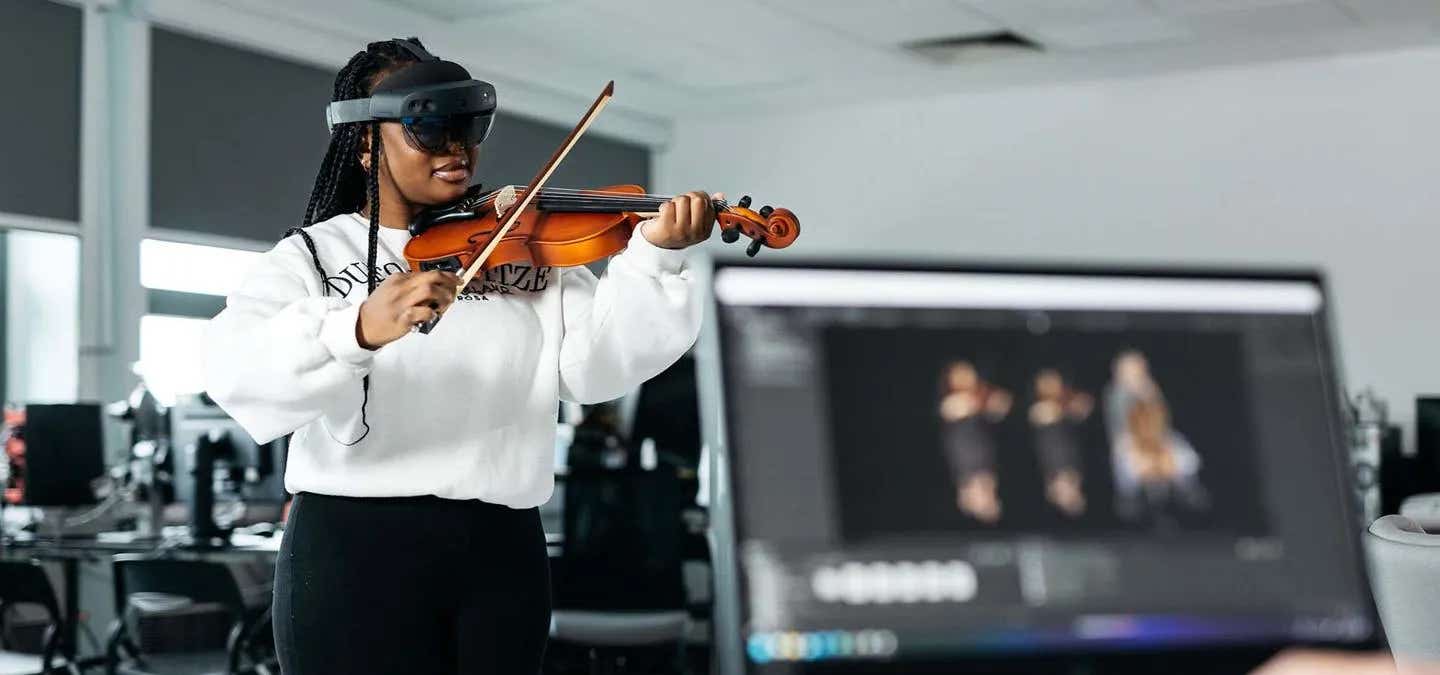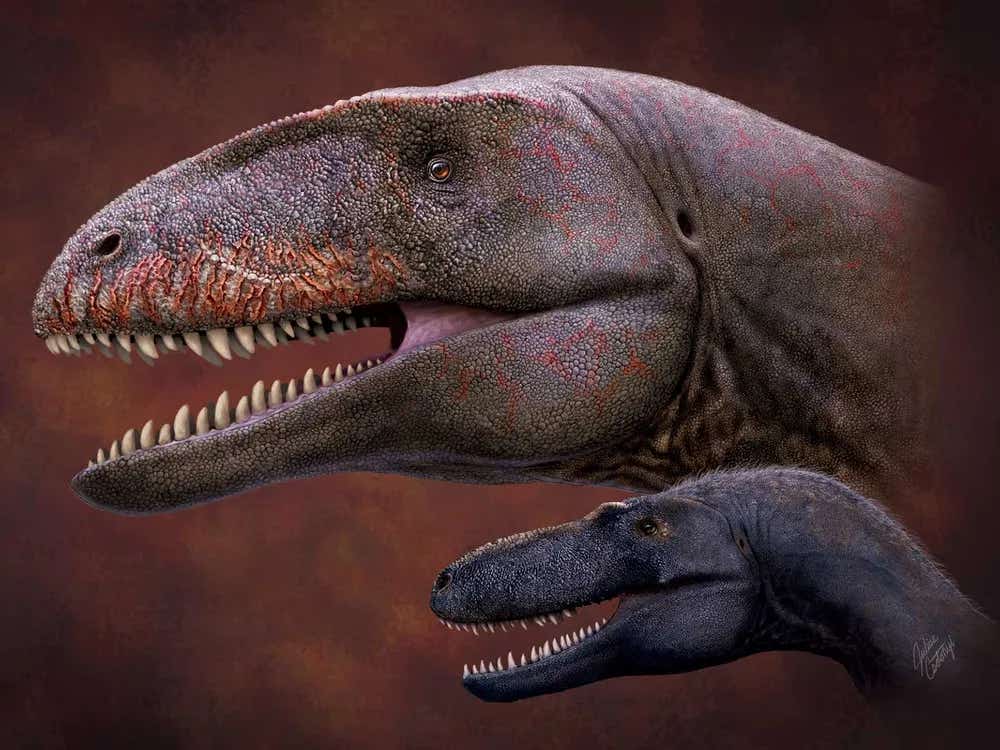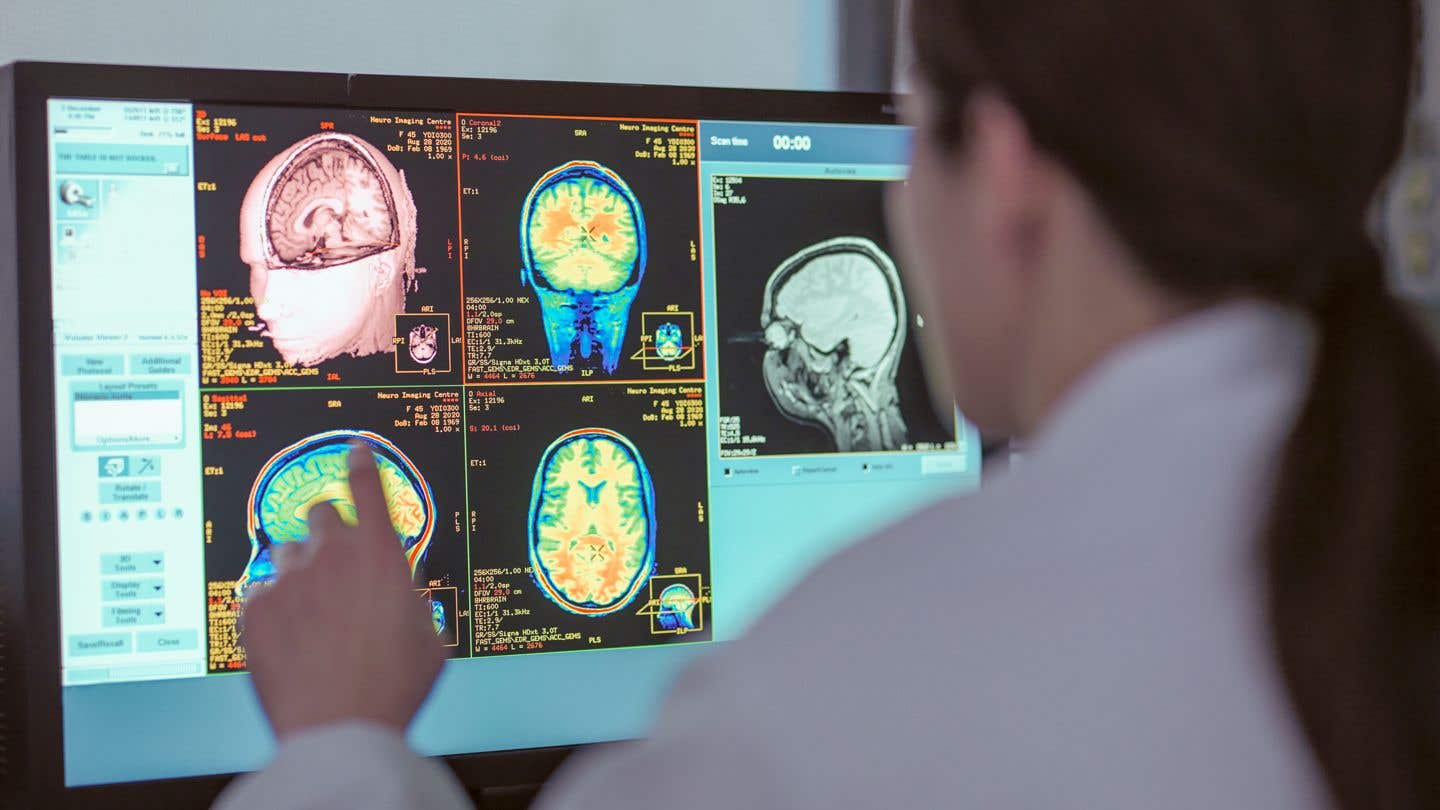Researchers find human learning can be duplicated in solid matter
Researchers have found that learning — a universal feature of intelligence in living beings — can be mimicked in synthetic matter.

[Sept 27, 2021: Rutgers University]
Rutgers researchers and their collaborators have found that learning -- a universal feature of intelligence in living beings -- can be mimicked in synthetic matter, a discovery that in turn could inspire new algorithms for artificial intelligence (AI). The study appears in the journal PNAS.
One of the fundamental characteristics of humans is the ability to continuously learn from and adapt to changing environments. But until recently, AI has been narrowly focused on emulating human logic. Now, researchers are looking to mimic human cognition in devices that can learn, remember and make decisions the way a human brain does.
Emulating such features in the solid state could inspire new algorithms in AI and neuromorphic computing that would have the flexibility to address uncertainties, contradictions and other aspects of everyday life. Neuromorphic computing mimics the neural structure and operation of the human brain, in part, by building artificial nerve systems to transfer electrical signals that mimic brain signals.
Researchers from Rutgers, Purdue and other institutions studied how the electrical conductivity of nickel oxide, a special type of insulating material, responded when its environment was changed repeatedly over various time intervals.
Rutgers researchers and their collaborators have found that learning -- a universal feature of intelligence in living beings -- can be mimicked in synthetic matter, a discovery that in turn could inspire new algorithms for artificial intelligence (AI). (Credit: Rutgers University-New Brunswick)
“The goal was to find a material whose electrical conductivity can be tuned by modulating the concentration of atomic defects with external stimuli such as oxygen, ozone and light,” said Subhasish Mandal, a postdoctoral associate in the Department of Physics and Astronomy at Rutgers-New Brunswick. “We studied how this material behaves when we dope the system with oxygen or hydrogen, and most importantly, how the external stimulation changes the material's electronic properties.”
The researchers found that when the gas stimulus changed rapidly, the material couldn’t respond in full. It stayed in an unstable state in either environment and its response began to decrease. When the researchers introduced a noxious stimulus such as ozone, the material began to respond more strongly only to decrease again.
“The most interesting part of our results is that it demonstrates universal learning characteristics such as habituation and sensitization that we generally find in living species,” Mandal said. “These material characteristics in turn can inspire new algorithms for artificial intelligence. Much as collective motion of birds or fish have inspired AI, we believe collective behavior of electrons in a quantum solid can do the same in the future.
“The growing field of AI requires hardware that can host adaptive memory properties beyond what is used in today’s computers,” he added. “We find that nickel oxide insulators, which historically have been restricted to academic pursuits, might be interesting candidates to be tested in future for brain-inspired computers and robotics.”
The study included Distinguished Professor Karin Rabe from Rutgers and researchers from Purdue University, the University of Georgia and Argonne National Laboratory.
For more science stories check out our New Discoveries section at The Brighter Side of News.
Like these kind of feel good stories? Get the Brighter Side of News' newsletter.
Tags: #New_Discoveries, #Learning, #AI, #Cognition, #Neuroscience, #Adaptation, #Research, #The_Brighter_Side_of_News
Joshua Shavit
Science & Technology Writer | AI and Robotics Reporter
Joshua Shavit is a Los Angeles-based science and technology writer with a passion for exploring the breakthroughs shaping the future. As a contributor to The Brighter Side of News, he focuses on positive and transformative advancements in AI, technology, physics, engineering, robotics and space science. Joshua is currently working towards a Bachelor of Science in Business Administration at the University of California, Berkeley. He combines his academic background with a talent for storytelling, making complex scientific discoveries engaging and accessible. His work highlights the innovators behind the ideas, bringing readers closer to the people driving progress.



